Our Team
Your Care Team at the Phil Smith ALS Clinic
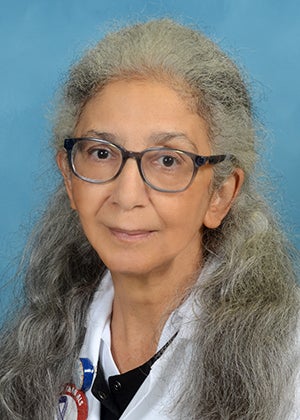
Fiona Scarlett, RN
Registered Nurse / Clinic Care Coordinator
The nurse will take your vitals and collect important information regarding any issues you are having with walking, speaking, communication and overall physical function.
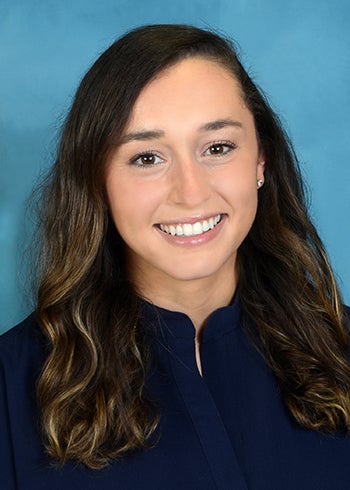
Brianna Marchegiani, MS, CCC-SLP
Speech Pathology/ Swallowing
The speech pathologist evaluates your communicate skills and recommends strategies as your condition progresses and swallowing is impaired. They will discuss voice preservation options such as Voice and Message banking. Communication strategies may include energy conservation and alternative communication such as: voice amplification, letter boards, and speech generating devices. Additional evaluations will be scheduled at the Phil Smith Neuroscience Institute outside ALS clinic hours The speech pathologist also assesses your swallowing ability and shares recommendations and strategies for safe swallowing. The modified barium swallow test is conducted at Holy Cross Health outside of ALS clinic hours.
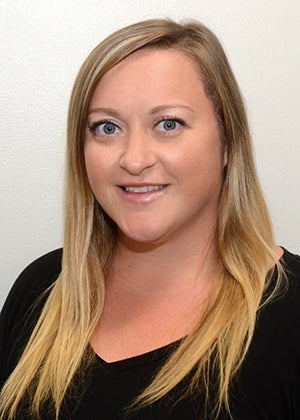
Tamara LeBlanc, BS, RRT
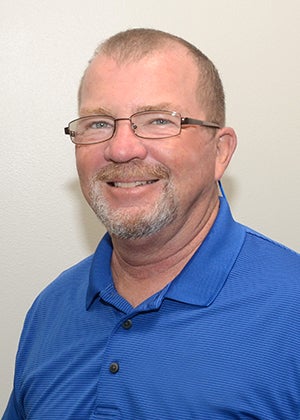
Paul Emerson, BS, RRT (Millennium Respiratory)
Respiratory Therapy
You will be evaluated by a respiratory therapist at each clinic appointment. In addition to questions about breathing and sleep, respiratory measurements will be collected. As ALS progresses, the muscles that support coughing and breathing weaken. When it is appropriate, machines to assist in cough and breathing (e.g., cough assist machine and non-invasive ventilator may be ordered. These machines have been shown to slow disease progression and improve quality of life. Suction machines can also be ordered for patients with difficulty managing secretions and saliva.
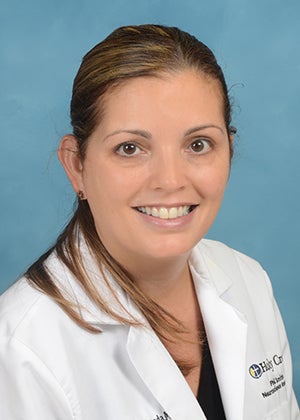
Maricela Pereda
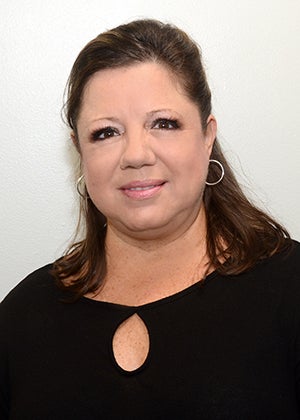
Tina Duane (ALSA)
Social Work and ALS Association (ALSA)
A social worker and a representative from the ALS Association (ALSA) will meet with you at every clinic visit. They will provide you with community resources and life planning, including information about long-term care services, advanced directives, support groups, and different types of funding that are available for patients with ALS and caregivers.
ALSA Liaison Clinic Contacts:
Southeast Florida: Tina Duane, TDuane@alsafl.org
Miami-Dade: Camila Arizaga, carizaga@alsafl.org
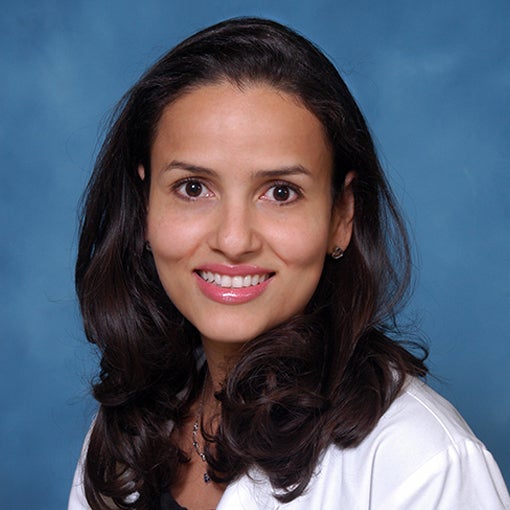
Juliana Tuberquia, DPT
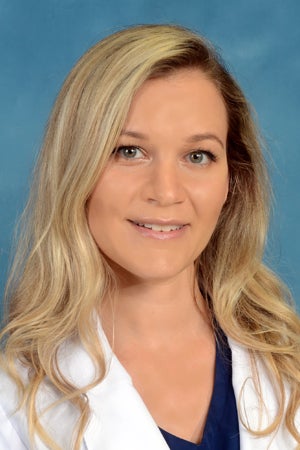
Sasha King, PT
Physical / Occupational Therapy
You will be evaluated by a physical therapist at each clinic appointment. They provide important services such as equipment, range of motion, stretching, and massage that may improve mobility, function, and quality of life. Home physical therapy may be ordered for home safety assessments and caregiver training. They may also recommend orthotics or supplies.
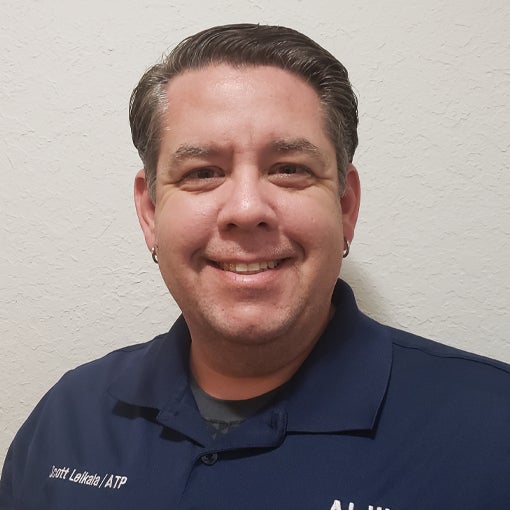
Scott Leikala, AT (Ability Medical)
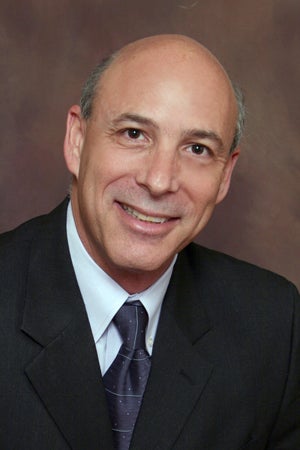
Allan Ribbler, PhD
Mental Health Services/Neuropsychology
Diseases like ALS affect all aspects of a person’s life, as well as the lives of their families. Clinical neuropsychologists address the emotional, cognitive and quality of life issues that arise as people face the challenges of living with ALS. Through formal and informal approaches, by evaluating the emotional, social and cognitive problems that may be present, interventions can be implemented as part of a team effort to maintain maximum quality of life for patients and families.
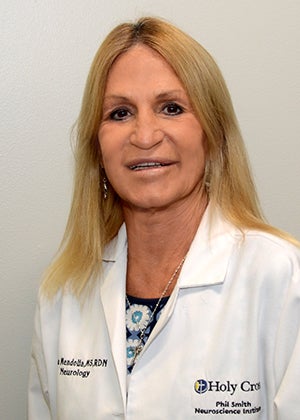
Jean Mendolia, RD
Dietitian
You will be evaluated by a dietitian at each clinic to evaluate your nutritional status. This helps to prevent malnutrition and avoid weight loss, which can hasten disease progression. Patients with ALS have varying caloric and nutritional needs depending on the stage of illness. Maintaining good nutrition and preventing excessive weight loss is critical to your overall well-being. Recommendations may include additional oral supplements, and supplementing oral intake with a feeding tube. The dietitian will also provide recommendations and education on the use and care of a PEG (feeding) tube.
Research Team
The Neuroscience Institute has ongoing clinical research trials and research collaborations with Massachusetts General Hospital, the University of Florida and Florida International University. Research opportunities will be discussed with you during your clinic visits, as appropriate, with the research team.
Note: Role of Your Primary Care Physician
Your PCP is still an essential member of your healthcare team and should be seen regularly to manage your normal medications and any other medical conditions. Many times, it is unclear whether a symptom is related to your ALS or not. Please contact our nursing staff to relay any questions or concerns to your Neurology providers. If the concern is not related to your ALS, you may be referred to your PCP for management.
